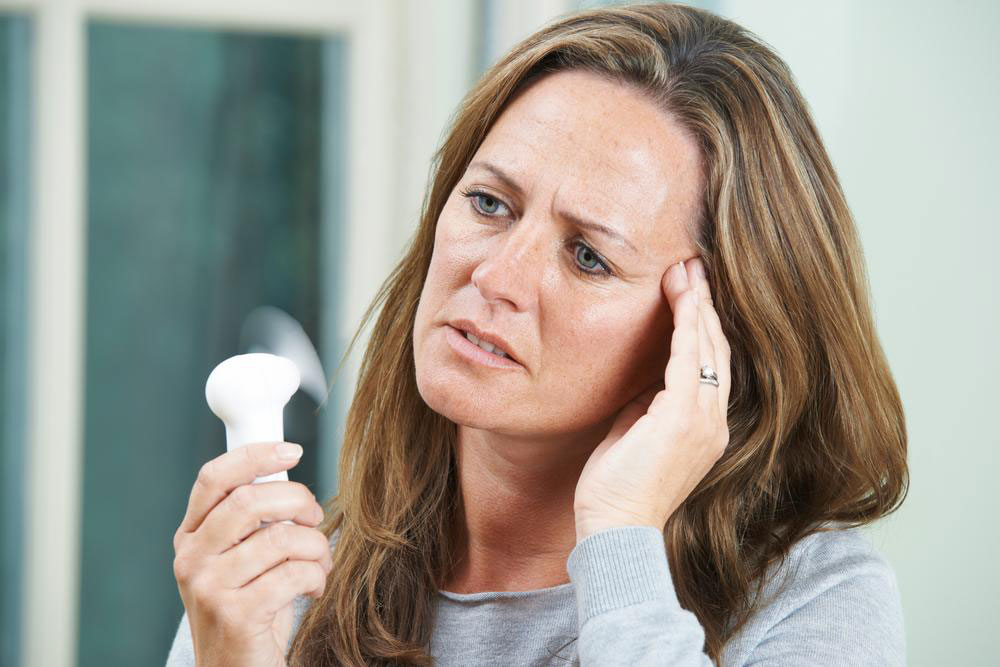Early Signs and Symptoms of Menopause You Should Know
This article explores common early menopause symptoms such as irregular periods, hot flashes, vaginal dryness, sleep problems, and fatigue. Recognizing these signs early helps women seek timely care, making the transition through menopause smoother. Understanding these symptoms enhances communication with healthcare providers for personalized management strategies.

Understanding Early Menopause Symptoms for Better Management
Menopause signifies the end of a woman's reproductive years, usually occurring around age 51, but it can happen earlier or later. The process is driven by decreasing estrogen and ovarian function. Recognizing common symptoms early on can help women seek appropriate care and support an easier transition.
Research suggests smoking may lead to earlier menopause. Menopause often presents with symptoms beyond fertility loss, such as hot flashes, sleep issues, mood swings, and night sweats. Awareness of these signs aids in communicating effectively with healthcare providers to identify suitable solutions.
Irregular Periods
Hormonal fluctuations can cause menstrual cycles to become unpredictable—lighter, heavier, or absent—and spotting. These changes indicate hormonal shifts typical during menopause.
Hot Flashes
Affecting around 75% of women, hot flashes involve sudden heat surges, redness, and sweating, mainly on the face and chest, caused by declining estrogen. They can vary in intensity and duration.
Vaginal Dryness
Decreased estrogen causes dryness and irritation in the vaginal area, leading to discomfort during intercourse. Moisturizers or lubricants can improve comfort.
Sleep Disruptions
Insomnia or waking early is common; establishing relaxing routines and maintaining a calm sleep environment may help improve sleep quality.
Chronic Fatigue
Persistent tiredness, irritability, and concentration issues often result from hormonal changes. Managing hormonal health is key to alleviating fatigue.
Other signs include night sweats, mood swings, hair thinning, libido decline, weight gain, dizziness, and bloating. Early recognition allows for effective management, easing the menopause journey.


